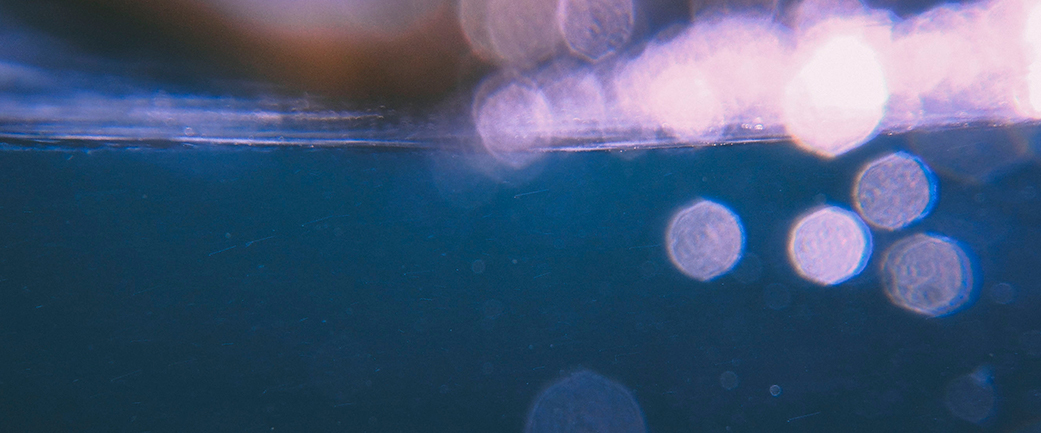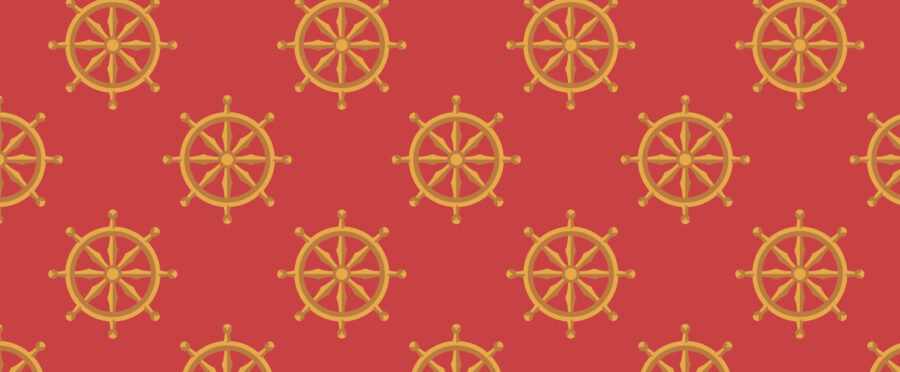


Mother said
they already knew
that the communist soldiers
were on their way to her father’s house
because he was a provincial governor,
he was one of the firsts on their lists.
They had many lists.
Mother never told me more than that,
stopping when the flooding of memories slowed
her breathing.
So the stories I don’t know,
I imagine:
I was in my mother’s belly
when they were heading towards the river.
My brother was about a year and half.
They said he was a good baby—never cried—
they didn’t drug him with opium as the others had.
He mostly slept, carried by my father.
Some of the children never woke up
and were buried along the way—
like bread crumbs in a fucked up fairy tale
reminding them how to find their homes again.
I felt my mother’s heart began to pump fast
when they reached the river.
Instinctively, I reached upwards
and massaged it with translucent hands.
She never learned how to swim
having been raised in the city.
Not like my father—who was raised in the
countryside
and he has swam this river before
so he wasn’t afraid.
He’s never afraid—
even when he trekked the dirt road with his
parents to ask for my mother’s hand in marriage—
even when everyone on both sides said it was a
bad idea,
blasphemous almost,
a country bumpkin and a governor’s daughter.
but here they are
everyone from both sides
standing in front of the river
escaping to the same place.
My mother said some brought plastic bags
to help them cross the river
because they couldn’t swim.
Along the shore—
on the Lao side,
husbands inflated bags as best they could for
their wives,
who carried their babies on tired backs.
dotted in the muddy river
black heads bobbing
black plastic bags keeping black heads above
water.
sometimes people didn’t make it across
and got taken away by the current
but still they held onto their bags
afraid of drowning.
Some husbands gave themselves to the
unsympathetic river to help their wives,
Some blamed themselves for not inflating the
bags better.
Along the shore—
on the Thailand side,
husbands hugged the ones that made it
while others fell on their knees with grief.
My father didn’t have a plastic bag.
He swam my mother across,
my brother tied high on his back,
and me,
still in her belly,
massaging her heart with my hands.

Saymoukda Duangphouxay Vongsay is a Lao American writer focused on creating tools and spaces for the amplification of refugee voices. Her plays have been presented by the Smithsonian Asian Pacific American Center and Consortium of Asian American Theater Artists. She is an Aspen Ideas Bush Foundation scholar, a Playwrights Center fellow, a Loft Literary Center fellow, and a Theater Mu fellow, and she has been awarded creative grants from the Jerome Foundation, Knight Foundation, and Forecast Public Art, among others.


Get the latest news and stories from the Rubin, plus occasional information on how to support our work.